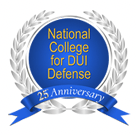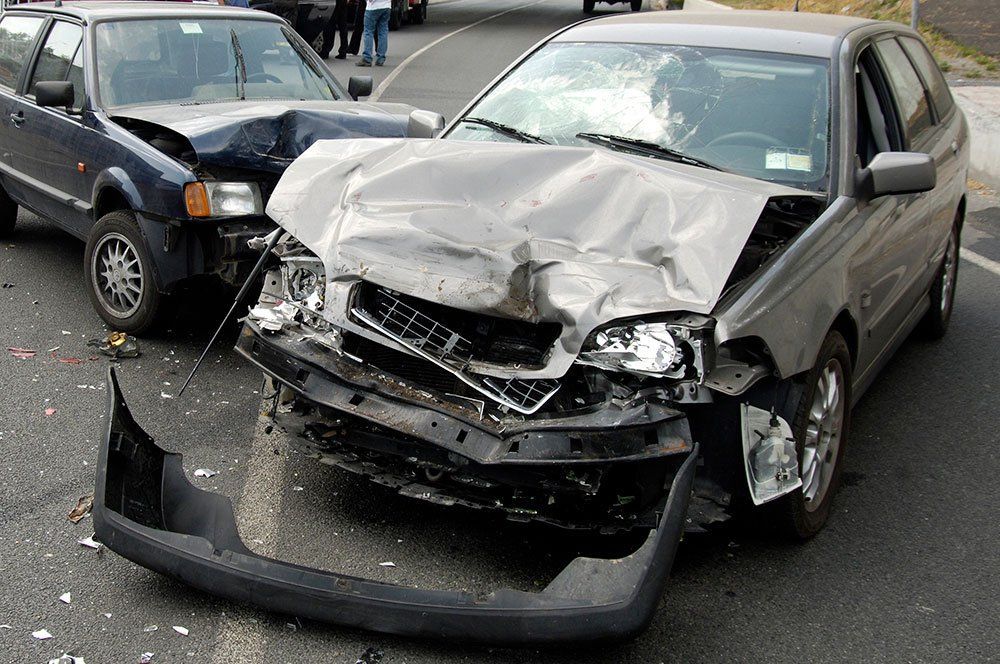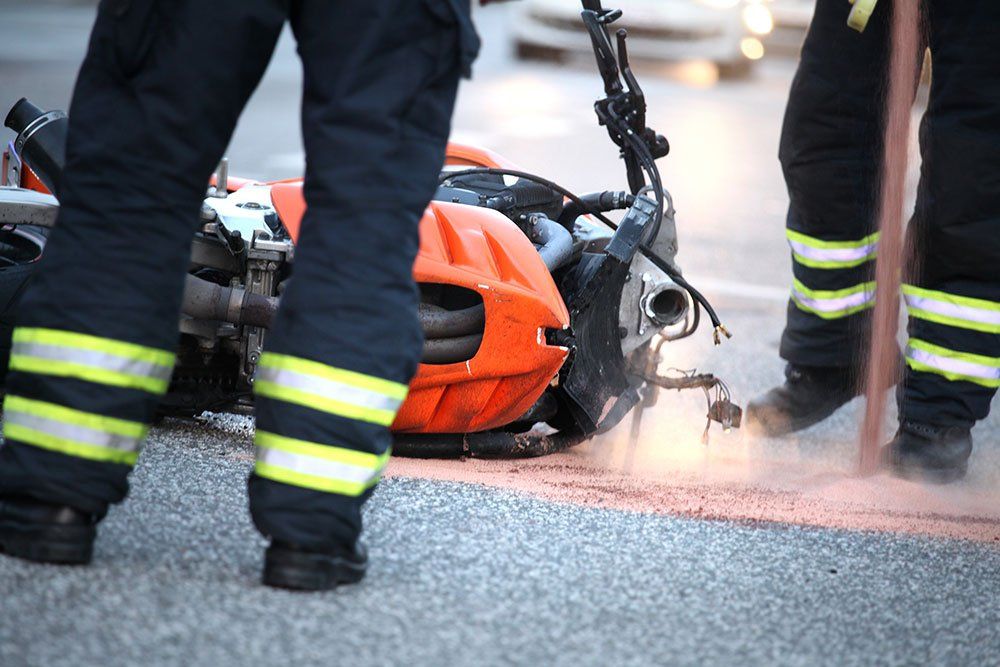How does a tragic accident become reckless homicide in Tennessee?
Accidents by their very nature are unpredictable occurrences. There may not have been anything an individual involved in an accident could have done to prevent it. An accident could involve something like your tires slipping on wet leaves despite you driving at lower speeds because of road conditions or someone losing their balance while walking up the stairs.
Many incidents that people classify as accidents were fully preventable if one or more of the people involved had made better choices. The role of personal responsibility and decision-making in an incident that proves fatal will influence whether Tennessee law enforcement officers and prosecutors consider it a true accident or an occurrence of reckless homicide.
Given that the law on reckless homicide is relatively broad, both prosecutors and law enforcement officials involved in a case will have a lot of discretion when determining whether to consider an incident a tragic accident or a preventable, negligent homicide.
What is reckless homicide under Tennessee law?
Determining if your situation should be a case of reckless homicide requires a careful analysis of the circumstances. Tennessee has a very short law regarding a reckless homicide that designates any death that results from the recklessness of another as reckless homicide.
Many times, reckless homicide charges arise from decisions that people make while driving, such as getting behind the wheel while drunk or doing something willfully dangerous, like racing on public streets.
However, reckless homicide charges could also stem from any situation where the questionable decision of one person resulted in the death of another. There must have been the intent, as well as an understanding that a decision or behavior increases the risk other people face in a particular situation.
What constitutes recklessness?
Recklessness, like beauty or humor, maybe subjective in the eye of the beholder. Typically, to establish that one person engaged in reckless behavior, prosecutors or insurance companies will use the basic standard of reasonable decision-making and knowledge of potential risks.
Specifically, if the actions taken by one person are contrary to what a reasonable person would do in that situation and the person acknowledged potentially increased risk, that could be reckless. When someone does something they know could cause injury to themselves or others, that may also be reckless behavior.
Recklessness typically involves understanding potential consequences and choosing to act in an irresponsible manner anyway. It is possible to defend against reckless homicide charges by showing you didn’t realize the risk or intend to endanger others.
What are the potential penalties for reckless homicide?
Under Tennessee law, reckless homicide is a Class D felony offense. The potential consequences will vary depending on the circumstances and the judge who hears the case. Those convicted of a Class D felony could wind up spending between two and 12 years in prison. They may also have to pay a fine of as much as $5,000.
The post How does a tragic accident become reckless homicide in Tennessee? appeared first on Houston & Underwood PLLC.



























